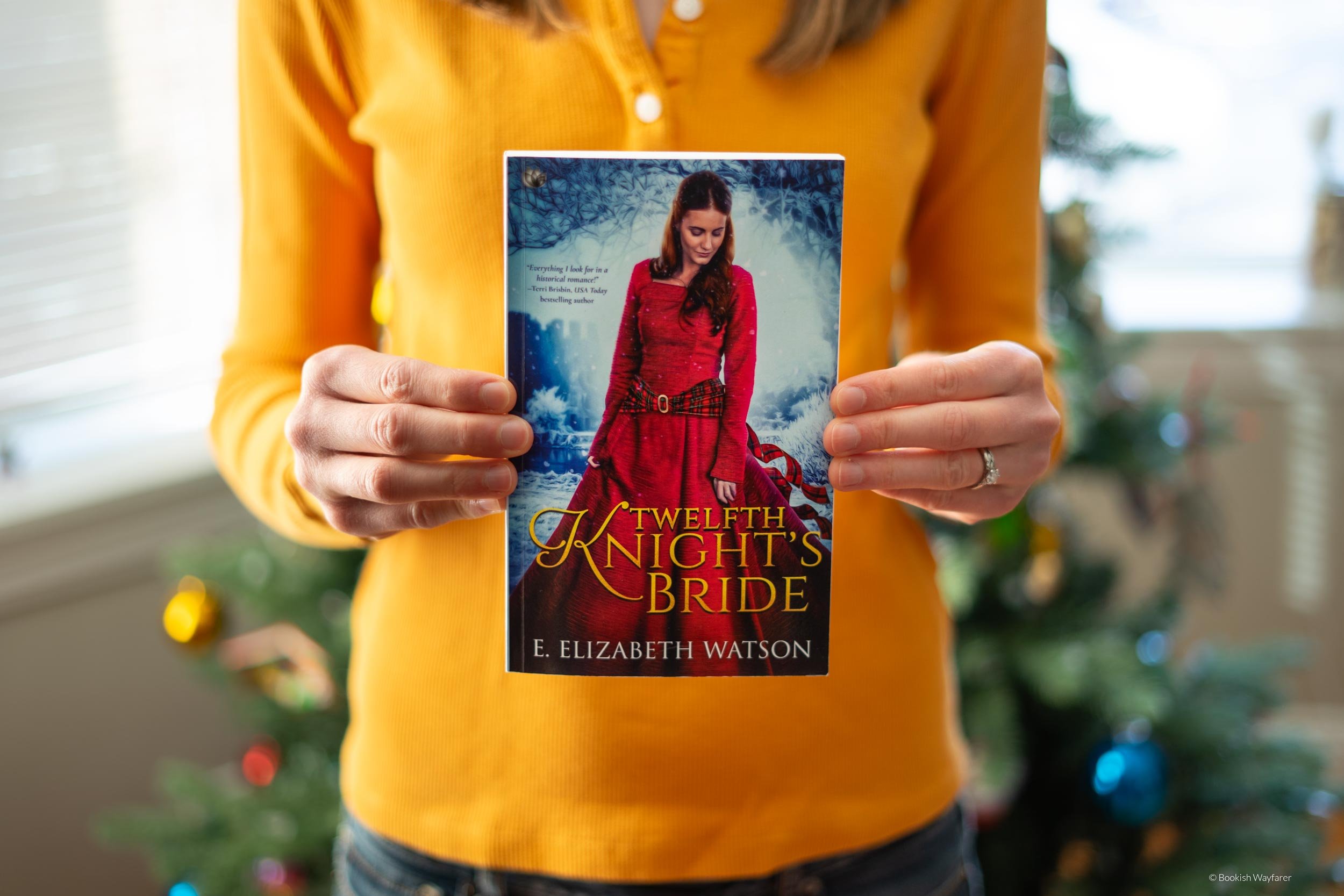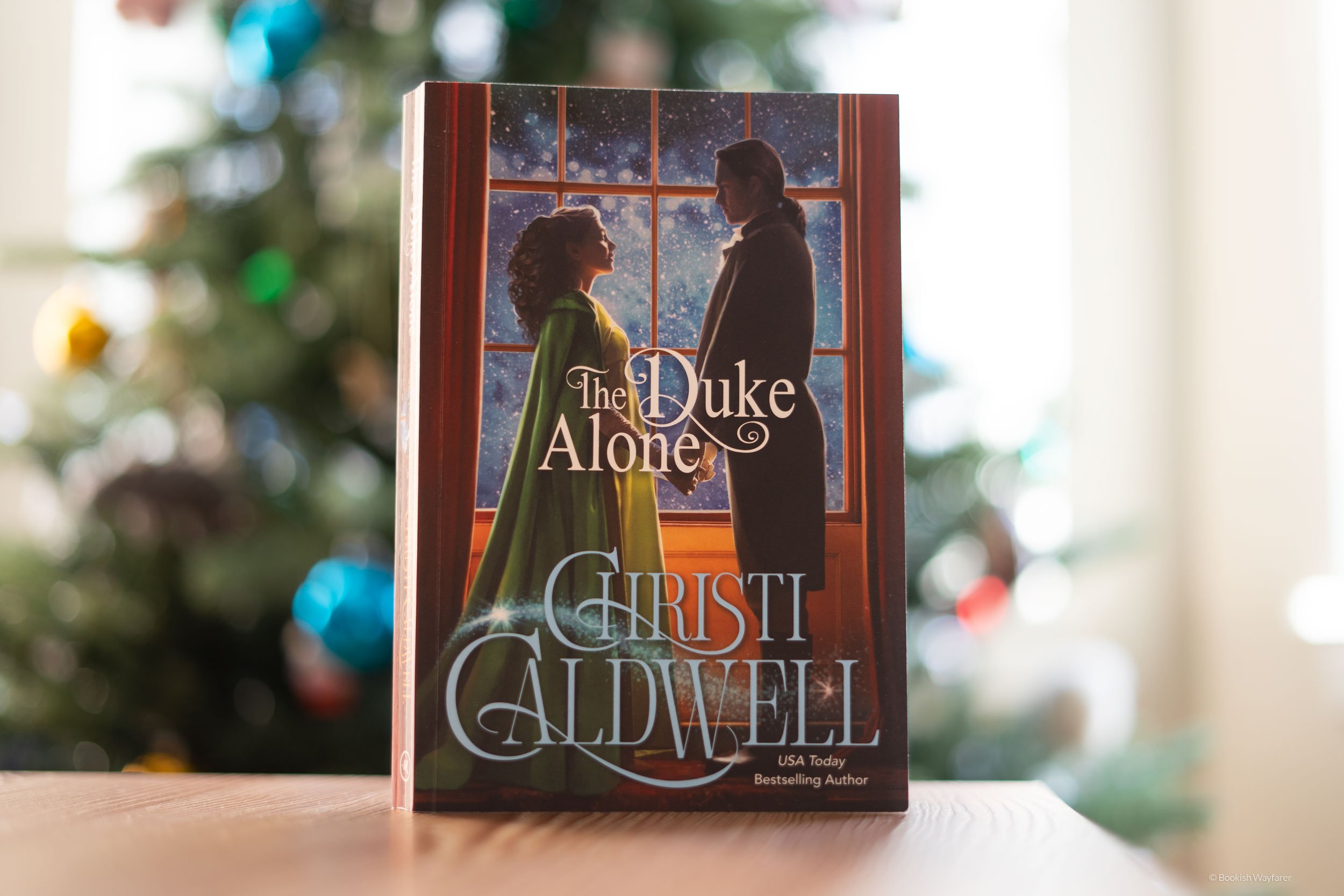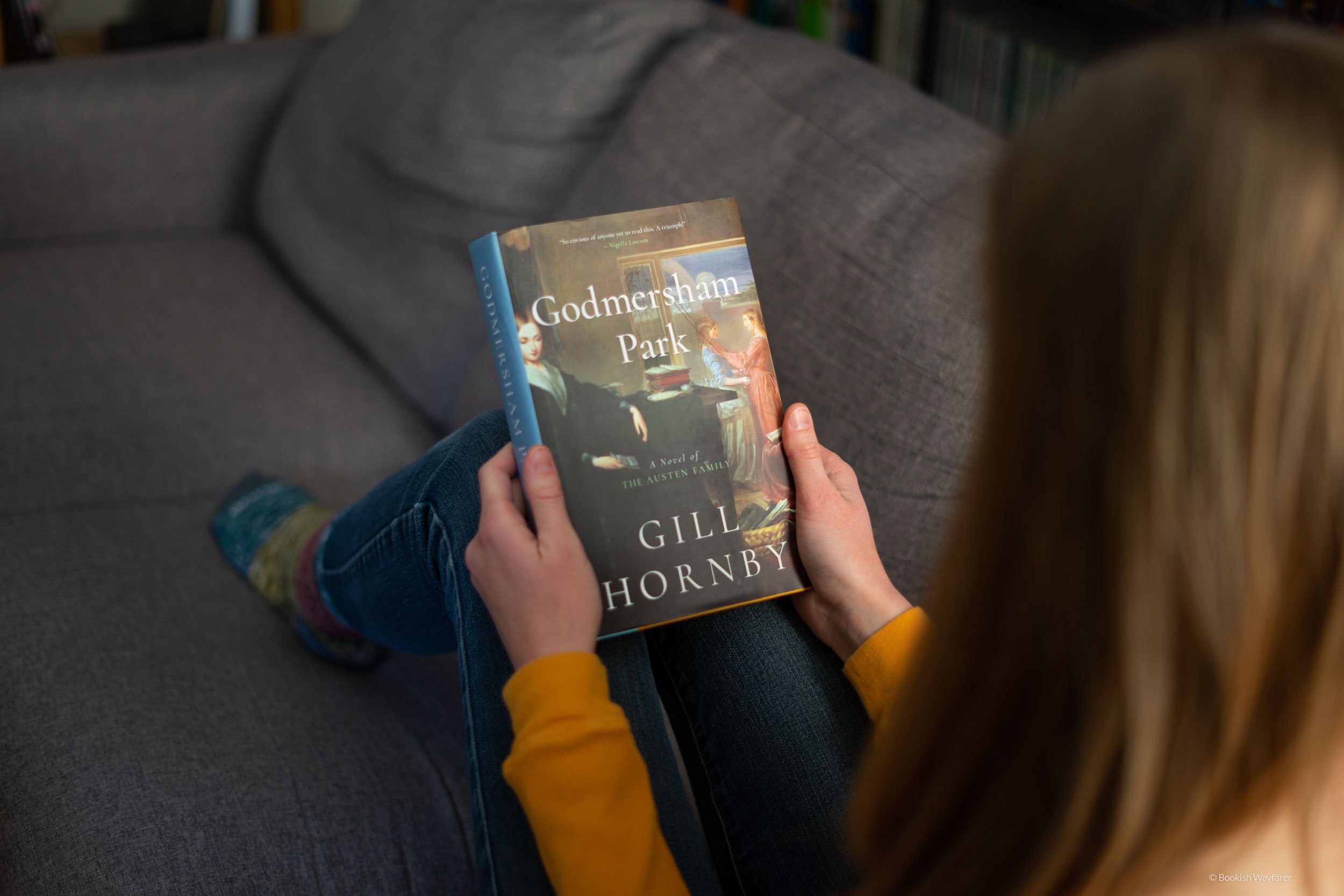Review: The Paris Wife by Paula McLain
“‘Sometimes I wish we could rub out all of our mistakes and start fresh, from the beginning,’ I said. ‘And sometimes I think there isn’t anything to us but our mistakes.’”
Some links in this post are affiliate links, meaning I will earn a commission (at no extra cost to you) if you click through and make a purchase. For more info, please see my disclaimer.
The Basics
Title: The Paris Wife
Author: Paula McLain
Published: 2012
Publisher: Ballantine Books - Random House
Pages: 314
Format: Paperback
Genres: Fiction — Historical fiction, Jazz Age fiction, Biographical fiction, Romance, Historical romance
Book Synopsis
The Paris Wife is a fictional account of the relationship between Ernest Hemingway and his first wife, Hadley Richardson. The book follows the doomed relationship from its inception up until its dissolution several years later.
My Review & Overall Thoughts
I had fairly high hopes for The Paris Wife. The story is set during one of my favorite decades, the 1920s, and its cast of characters includes such famous Jazz Age writers as F. Scott Fitzgerald. The book’s front flap is also filled with praise from several notable sources, including The Boston Globe. Unfortunately, however, The Paris Wife lived up to neither my expectations nor the hype surrounding it.
One of the biggest issues that I have with the book is its characters. The two protagonists, Hadley and Ernest, are both unlikeable. Hadley is rather naive and far too clingy. From the moment that she meets Ernest, she becomes obsessed with him, and her happiness quickly becomes dependent upon him. She enters into the relationship knowing that Ernest prioritizes his writing over all else, yet she is surprised and even irritated when he spends hours each day working on his stories. A couple of times throughout the book, she also does things that make you want to yell out, “Are you serious?!” For instance, at one point in the story, she gathers up all of Ernest’s manuscripts and packs them into a suitcase, which she then brings with her onto a train in Paris. She then steps off the train to grab something to eat, but decides to leave the suitcase on the train while she does so. Lo and behold, someone steals the suitcase, and she acts shocked when it happens. Perhaps it’s just the jaded urbanite in me, but I would never leave any of my belongings unattended — you’re just asking for someone to take them.
To be fair to Hadley, though, Ernest is not much better. He has a number of flaws, which are essentially the converse of hers. While Hadley’s entire being revolves around Ernest, he often seems to pay her no mind. For instance, while working as a journalist, he accepts a long-term, international assignment without first consulting with her to make sure that she is comfortable being alone for such an extended period of time. He then proceeds to cheat on her while on that assignment and chooses to conceal the infidelity from her upon his return. He also blatantly flirts with women in front of Hadley, as well as conspicuously carries on an affair with another woman. As if that is not enough, he attempts to normalize his affair and suggests a ménage à trois arrangement, in spite of the fact that Hadley is clearly uncomfortable with such a living situation. He’s a real catch.
Having the two primary characters be so unlikeable made it difficult for me to care about them, and as a result, I did not feel that invested in their story. My interest was further lessened by the relatively slow pace of the book and its inclusion of characters who do not contribute much to the overall story. Early in the book, for example, a character named Ruth is introduced, and she is described as a fellow boarder at the house of Hadley’s sister. Apart from serving as a sounding board for Hadley to discuss her future with Ernest, she has no real purpose in the story, and once Hadley leaves her sister’s house (which is not that long after Ruth first makes an appearance), Ruth is never mentioned again. Things like this make the book read at times like a social diary, in which places and people are named just for the sake of naming them.
The Good
If there is one redeeming quality of The Paris Wife, it’s its attention to detail and historical accuracy. You can tell from reading this book that Paula McLain did a sizable amount of research to make sure that she portrayed not only the Hemingways’ marriage but also the time period and various settings in an accurate manner. I would be remiss if I did not acknowledge and applaud such an undertaking.
Overall
The Paris Wife was not my cup of tea. My lack of interest in the characters made finishing the book difficult. I actually contemplated shelving it when I was about a third of the way through, but I decided to soldier on in the hopes that it would improve (it didn’t). That said, if you are an Ernest Hemingway superfan, you might enjoy this book and the glimpse into his personal life that it provides.
Have you read The Paris Wife? What did you think?
-Julia
P.S. If you enjoyed this post, please consider supporting me on Buy Me a Coffee.





